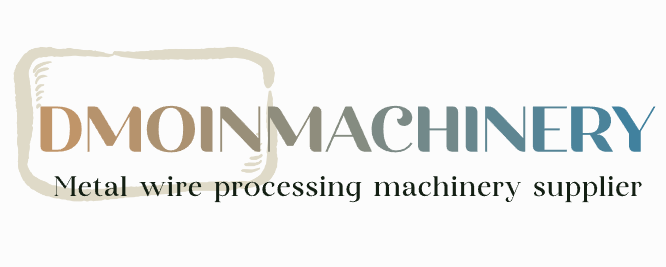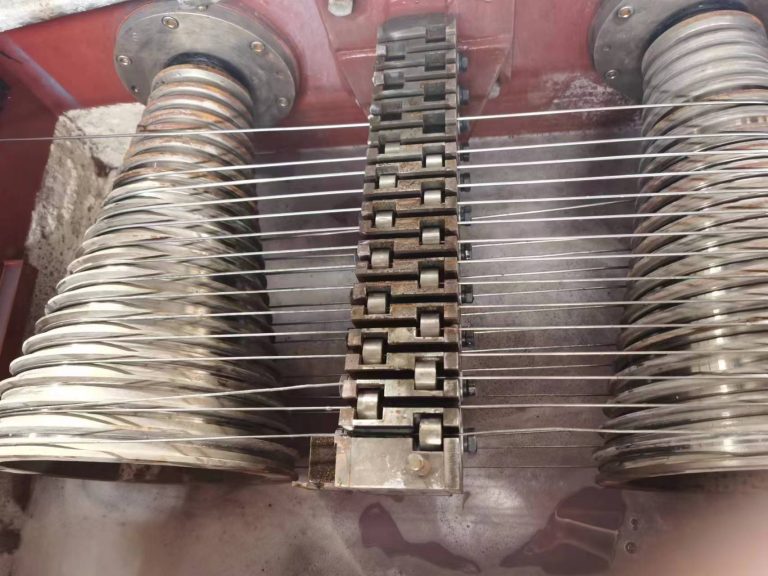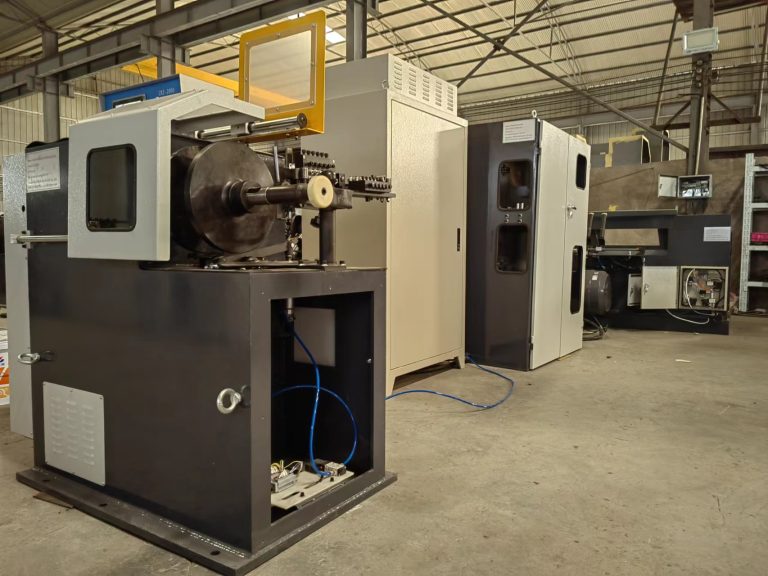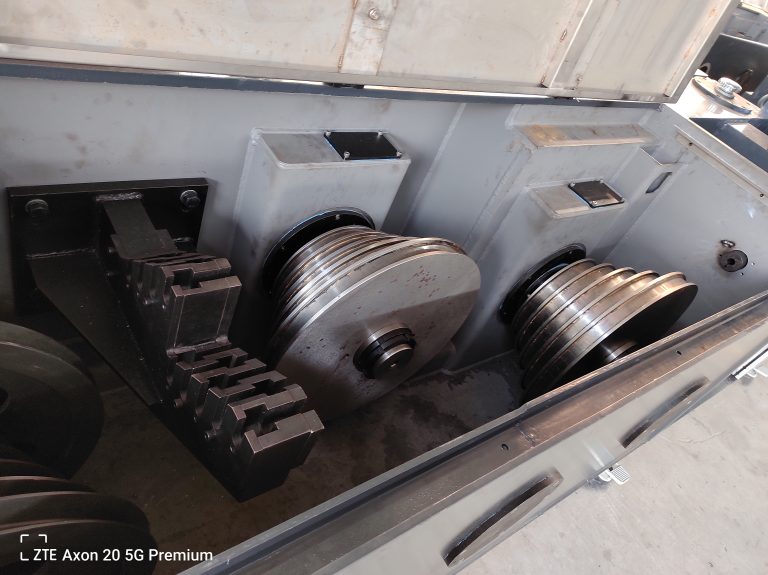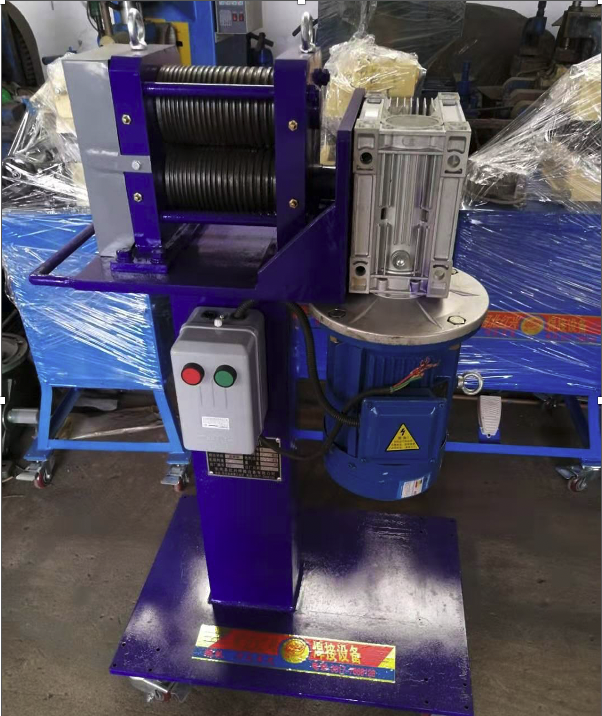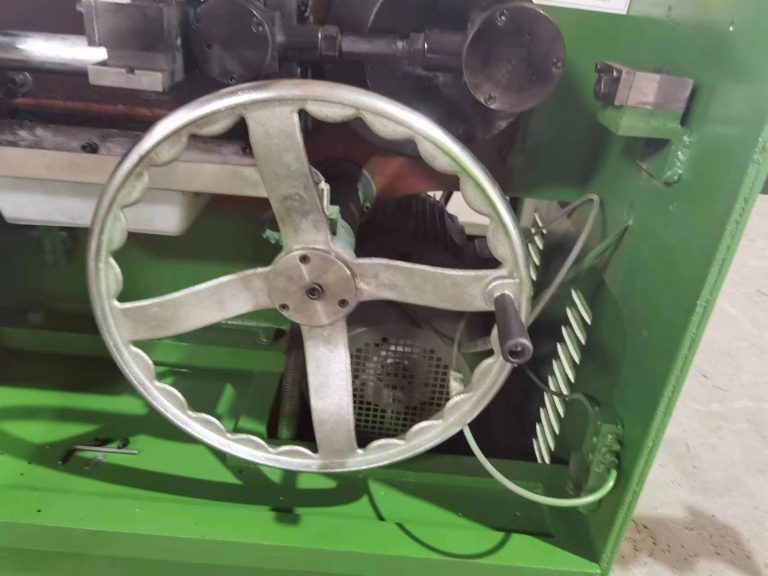Table of Contents
كيفية تحسين الكفاءة في عمليات خط إنتاج أسلاك الزنك
يعد إنتاج أسلاك الزنك عملية معقدة تتطلب تخطيطًا وتنفيذًا دقيقًا لضمان الكفاءة المثلى. بدءًا من الصهر الأولي لسبائك الزنك وحتى التخزين المؤقت النهائي للسلك، تلعب كل خطوة في خط الإنتاج دورًا حاسمًا في تحديد الإنتاج الإجمالي وجودة المنتج النهائي. في هذه المقالة، سنناقش بعض الاستراتيجيات الأساسية لتحسين الكفاءة في عمليات خط إنتاج أسلاك الزنك.
إحدى الخطوات الأولى في تحسين الكفاءة في خط إنتاج أسلاك الزنك هي التحليل الدقيق لتخطيط منشأة الإنتاج. ومن خلال ضمان وضع المراحل المختلفة لعملية الإنتاج بطريقة منطقية وفعالة، يمكن للمشغلين تقليل الوقت والجهد اللازمين لنقل المواد والمنتجات بين محطات العمل المختلفة. يمكن أن يساعد ذلك في تقليل الاختناقات وتبسيط تدفق الإنتاج الإجمالي.
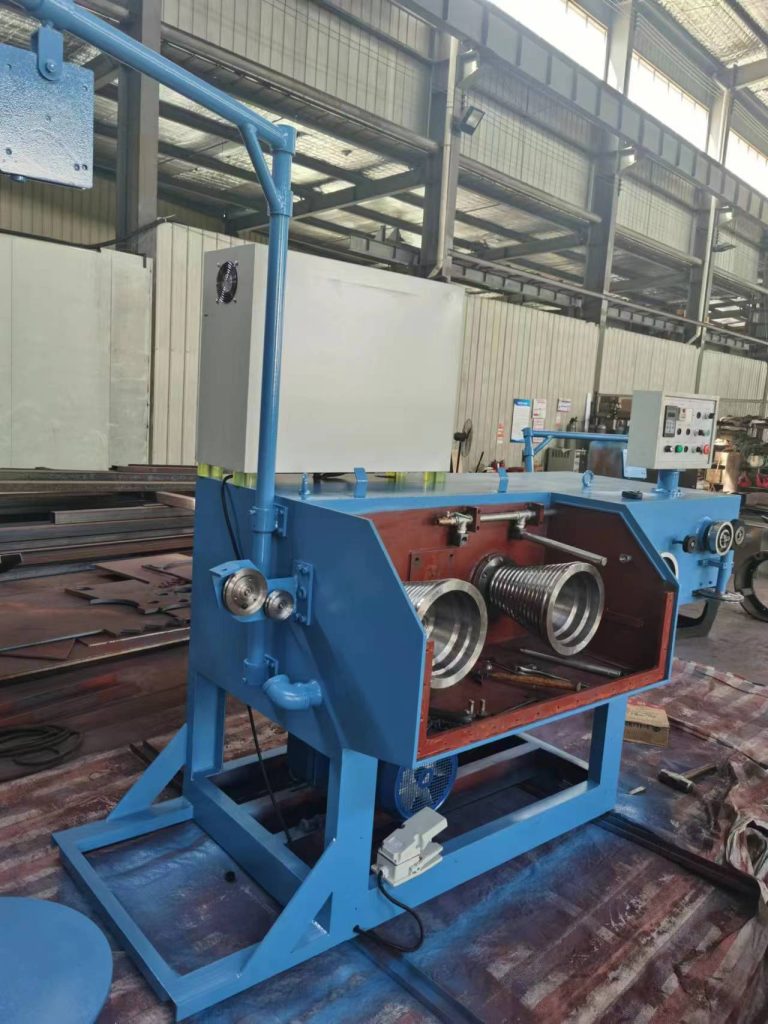
في الختام، يتطلب تحسين الكفاءة في خط إنتاج أسلاك الزنك تخطيطًا دقيقًا، والاهتمام بالتفاصيل، والالتزام بالتحسين المستمر. من خلال تحليل تخطيط منشأة الإنتاج، واختيار المعدات المناسبة، وتوفير التدريب الشامل للمشغلين، وتنفيذ تدابير مراقبة الجودة، وتقليل استهلاك النفايات والطاقة، يمكن للمشغلين المساعدة في زيادة الإنتاجية والربحية إلى أقصى حد. من خلال اتباع هذه الاستراتيجيات الرئيسية، يمكن للمشغلين التأكد من أن خط إنتاج أسلاك الزنك الخاص بهم يعمل بأعلى كفاءة، ويقدم منتجات عالية الجودة للعملاء في الوقت المناسب وبطريقة فعالة من حيث التكلفة.
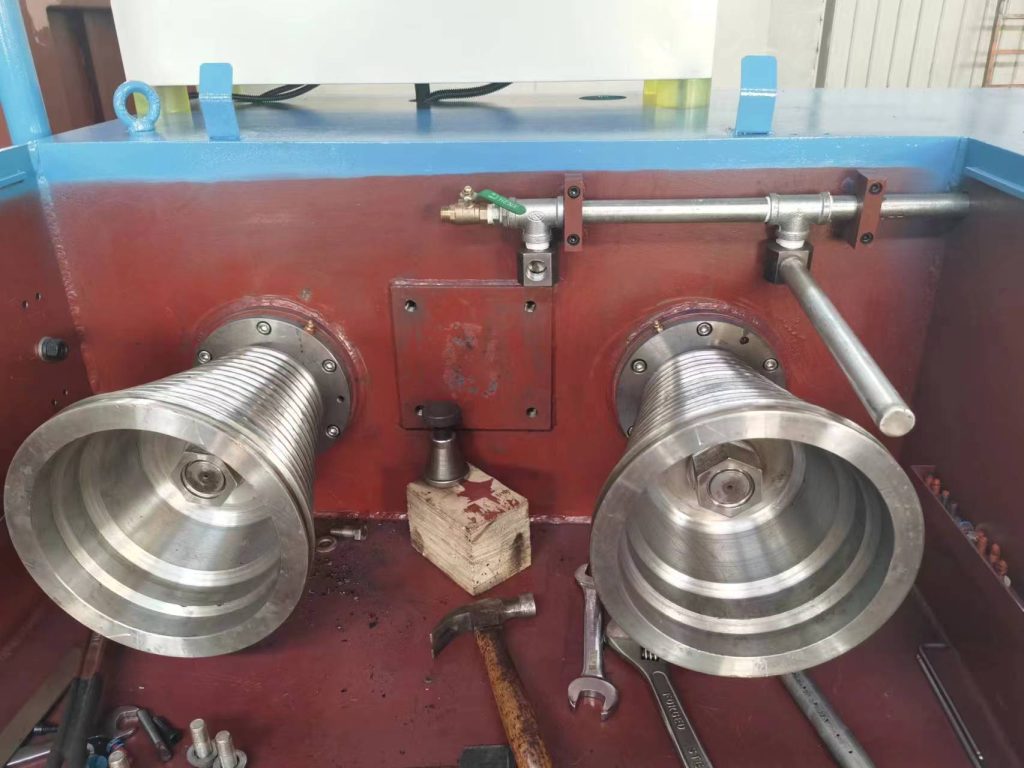
فوائد استخدام أسلاك الزنك في التطبيقات الصناعية
علاوة على ذلك، فإن سلك الزنك صديق للبيئة أيضًا. يعد الزنك عنصرًا طبيعيًا ومتوفرًا بكثرة في القشرة الأرضية، مما يجعله خيارًا مستدامًا للمصنعين الذين يتطلعون إلى تقليل تأثيرهم البيئي. بالإضافة إلى ذلك، فإن سلك الزنك قابل لإعادة التدوير بالكامل، مما يعني أنه يمكن إعادة استخدامه وإعادة استخدامه عدة مرات دون أن يفقد خصائصه أو جودته.
بشكل عام، فوائد استخدام سلك الزنك في التطبيقات الصناعية عديدة. بدءًا من خصائصه الوقائية والموصلة وحتى طبيعته المضادة للميكروبات والفعالة من حيث التكلفة، يعد سلك الزنك مادة متعددة الاستخدامات ضرورية لمجموعة واسعة من عمليات التصنيع. بفضل قدرته على الحماية من التآكل، وتحسين التوصيلية، وتعزيز الاستدامة، يعد سلك الزنك أحد الأصول القيمة لأي عملية صناعية.
Zinc wire is a versatile material that has a wide range of industrial applications. From galvanizing steel to protecting against corrosion, zinc wire is an essential component in many manufacturing processes. One of the key benefits of using zinc wire in industrial applications is its ability to provide a protective coating that helps prevent rust and corrosion.
When Fine Wire Drawing Machine For Zinc Wire is applied to steel surfaces through a process known as hot-dip galvanizing, it forms a protective layer that acts as a barrier against moisture and other corrosive elements. This helps to extend the lifespan of the steel and reduce the need for costly repairs or replacements. In addition, zinc wire is also used in the production of zinc oxide, which is a key ingredient in many industrial products such as rubber, ceramics, and paint.
Another benefit of using zinc wire in industrial applications is its high conductivity. Zinc is an excellent conductor of electricity, making it ideal for use in electrical wiring and other electronic components. In addition, zinc wire is also used in the production of batteries, where its high conductivity helps to improve the efficiency and performance of the battery.
In addition to its protective and conductive properties, zinc wire is also known for its antimicrobial properties. Zinc has been shown to have antibacterial and antifungal properties, making it an ideal material for use in medical devices and equipment. In fact, zinc oxide is commonly used in the production of bandages and other medical products to help prevent infections and promote healing.
One of the key advantages of using zinc wire in industrial applications is its cost-effectiveness. Zinc is a relatively inexpensive material, making it an attractive option for manufacturers looking to reduce production costs. In addition, zinc wire is easy to work with and can be easily shaped and molded into a variety of different forms, making it a versatile material for a wide range of applications.
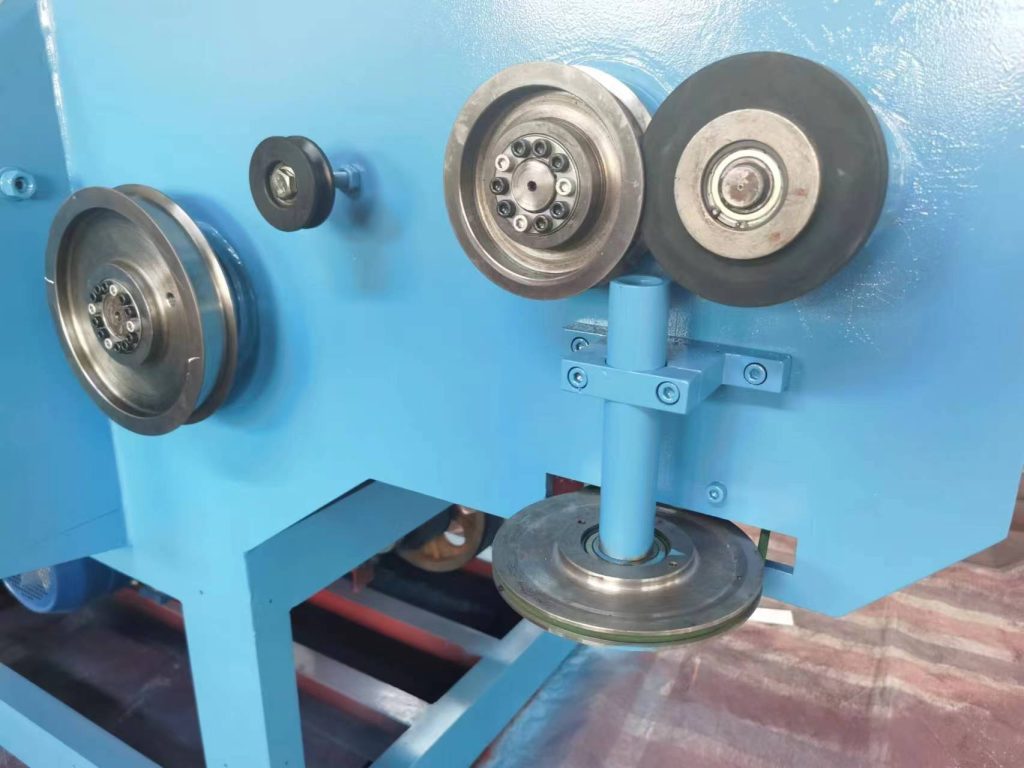
Furthermore, zinc wire is also environmentally friendly. Zinc is a naturally occurring element that is abundant in the earth’s crust, making it a sustainable choice for manufacturers looking to reduce their environmental impact. In addition, zinc wire is fully recyclable, meaning that it can be reused and repurposed multiple times without losing its properties or quality.
Overall, the benefits of using zinc wire in industrial applications are numerous. From its protective and conductive properties to its antimicrobial and cost-effective nature, zinc wire is a versatile material that is essential for a wide range of manufacturing processes. With its ability to protect against corrosion, improve conductivity, and promote sustainability, zinc wire is a valuable asset for any industrial operation.
